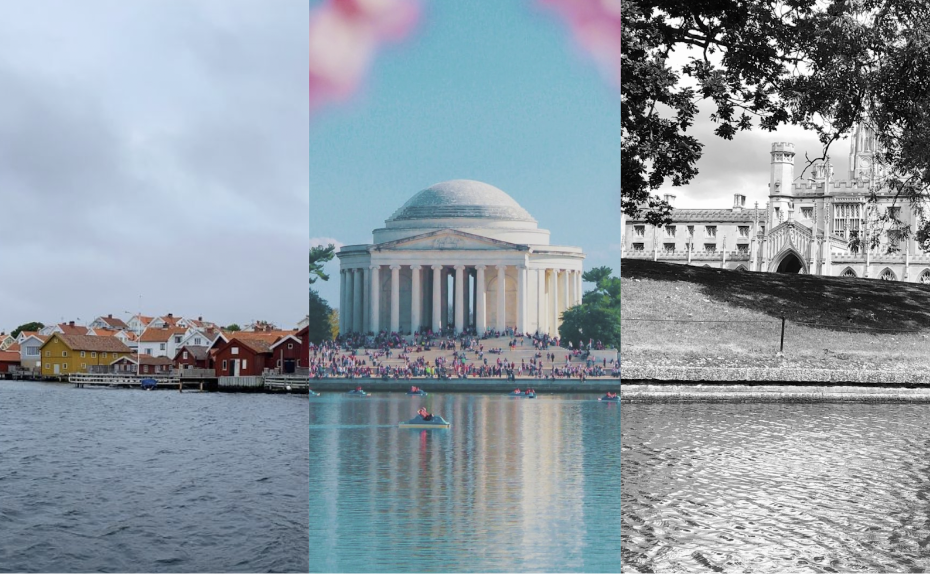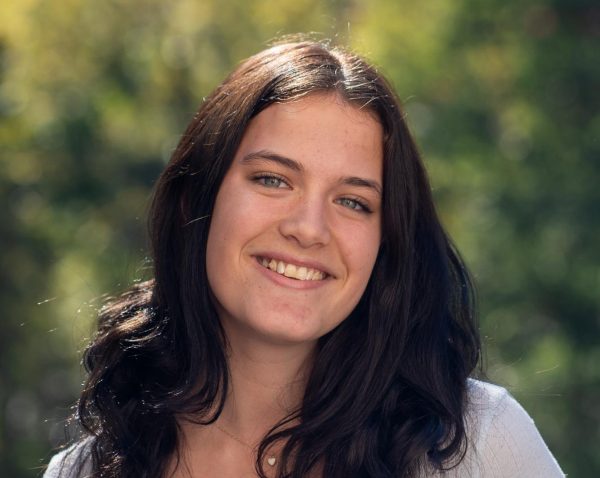Home is where the heart is. But what if your home is splintered between two, three, four cultures? Does your heart choose one place to belong or is it divided too?
Cross-culture kids (CCKs) experience childhoods of “meaningfully interacting with two or more cultural environments for a significant period of time,” according to bestselling author Ruth Van Reken. It’s a reality that many face in the United States, where over 25% of the population under 18 years of age has at least one foreign-born parent.
There is a beautifully harmonious aspect to multiculturalism, but being torn between cultures leaves its share of scars, isolating many CCKs from their cultures.
I’m a CCK. If somebody asks me where I’m from, usually because they hear my family speaking Swedish, I answer that I’m from Sweden. When they ask me how long I lived there, I hesitate before saying that I’ve lived in the U.S. my whole life.
That’s when I see them decide that I’m not from the U.S., or Sweden or Britain or any of the other places I identify with. Which is okay, because it’s not their job to unravel my knotted identity. Yet I can’t help but think, what does it make me?
In David Pollock’s book “Third Culture Kids: Growing Up Among Worlds,” he explains that being a CCK often means “build[ing] relationships to all of the cultures while not having full ownership in any.” In other words, a common symptom of multiculturalism is feeling like you don’t quite belong anywhere, instead of belonging everywhere.
I’ve spent part of my childhood attending pool parties, living in the suburbs of Atlanta and playing board games at breweries; another part eating polkagrisar and celebrating Christmas a day “early;” another part licking crumbled sausage roll pastry from my fingers and watching the red underline pop up as Grammarly questions my intermittent use of British grammar.
At the end of the day, I know that I will never be able to say and believe that I am from one of those places. In some ways, it makes me sad to understand that I will probably never know “home” in the way that many others do. Yet somehow, through all of this, I’ve found a profound sense of belonging at WIS that I never experienced in my first school, a private school in Atlanta.
In Atlanta, everybody lived in the same bubble that I did, but I was the person that had stumbled onto the set of the wrong production, and ended up staying there. I remember most of my friends at the time had never left the U.S., didn’t know about the World Cup and ate Kraft mac and cheese on repeat. I don’t regret growing up there, but when we moved to WIS, an international school, the very loneliness I had gotten used to turned into a version of belonging. I was surrounded by people who were connected by reciprocated multiculturalism.
Eastern Kentucky University student Helen Neely writes in her 2019 honors thesis that CCKs “tend to share a unique bond, one that can only form from an understanding of what it is like to grow up between nations.”
Of course, little will ever be able to replace the sense of belonging that comes with growing up in the place your family is from. However, multicultural students at international schools form a mutual understanding, a recognition of the metamorphic feeling of home that we all somehow share.
The U.S. is a melting pot; diversity is one of the proudest traits many of us share. If we are all slightly more aware of how our internationalism overlaps, outside of international schools and within, the awareness of being in a place where everybody is lost can become a comfort instead of a burden. That can be the very thing that mends our splintered hearts, homes and identities.
By Tindra Jemsby


































































